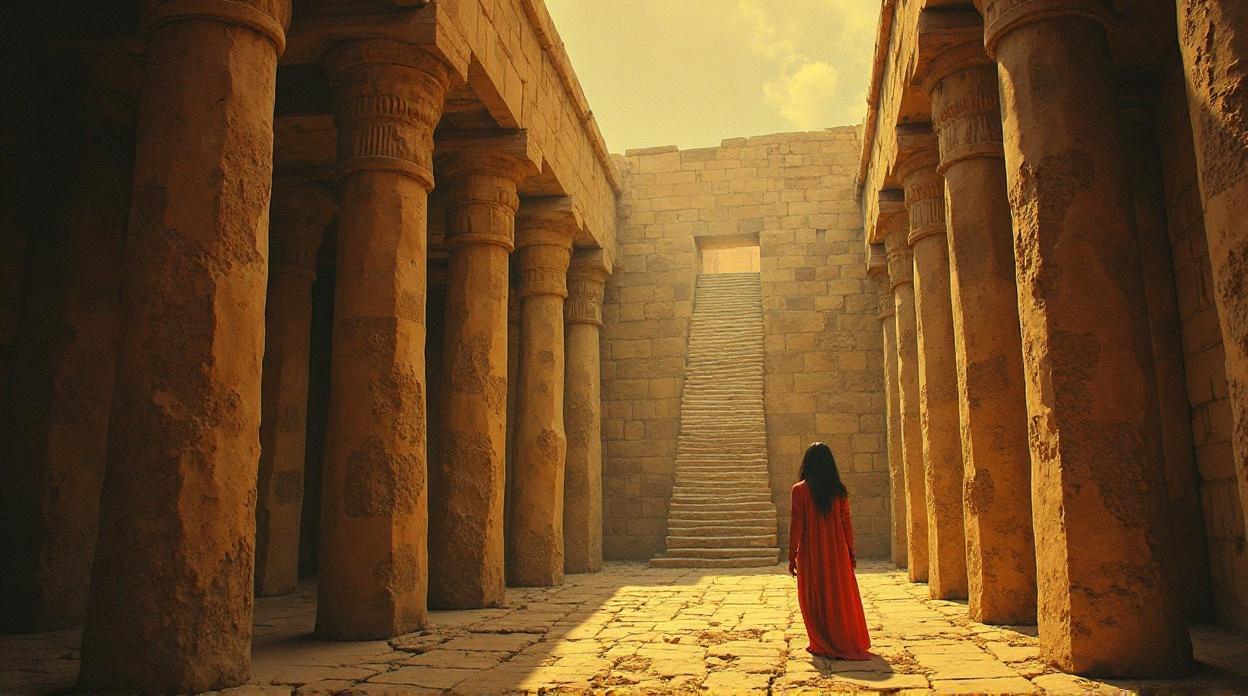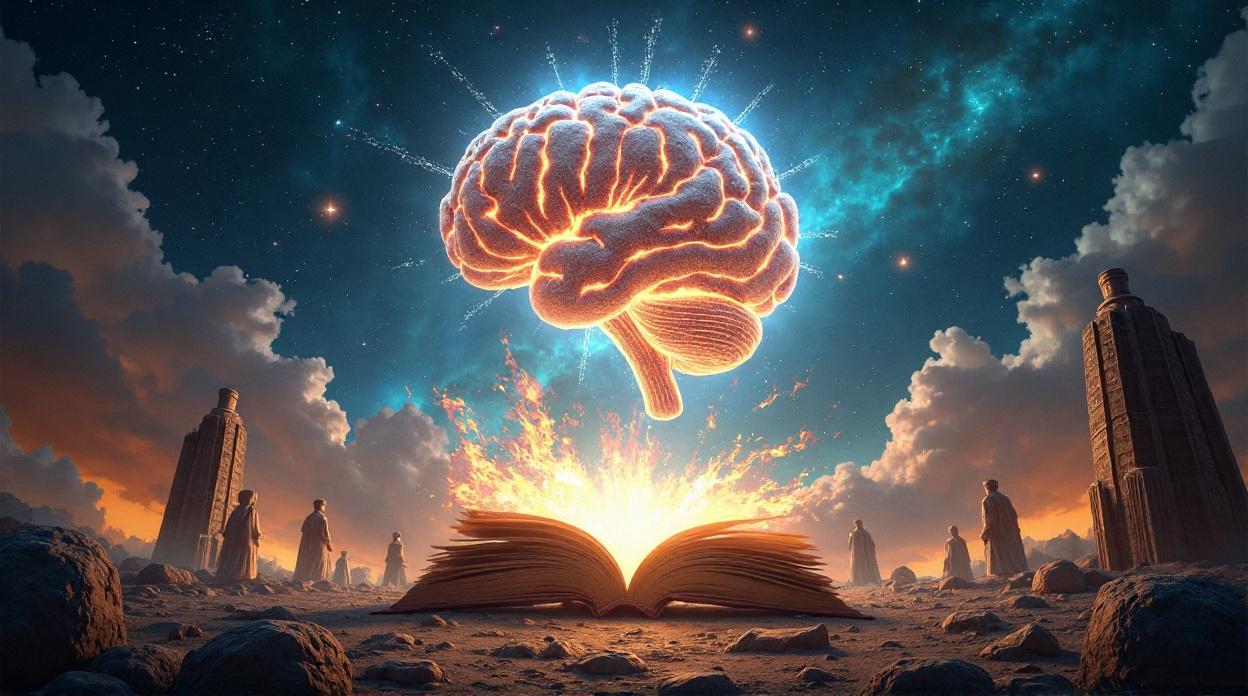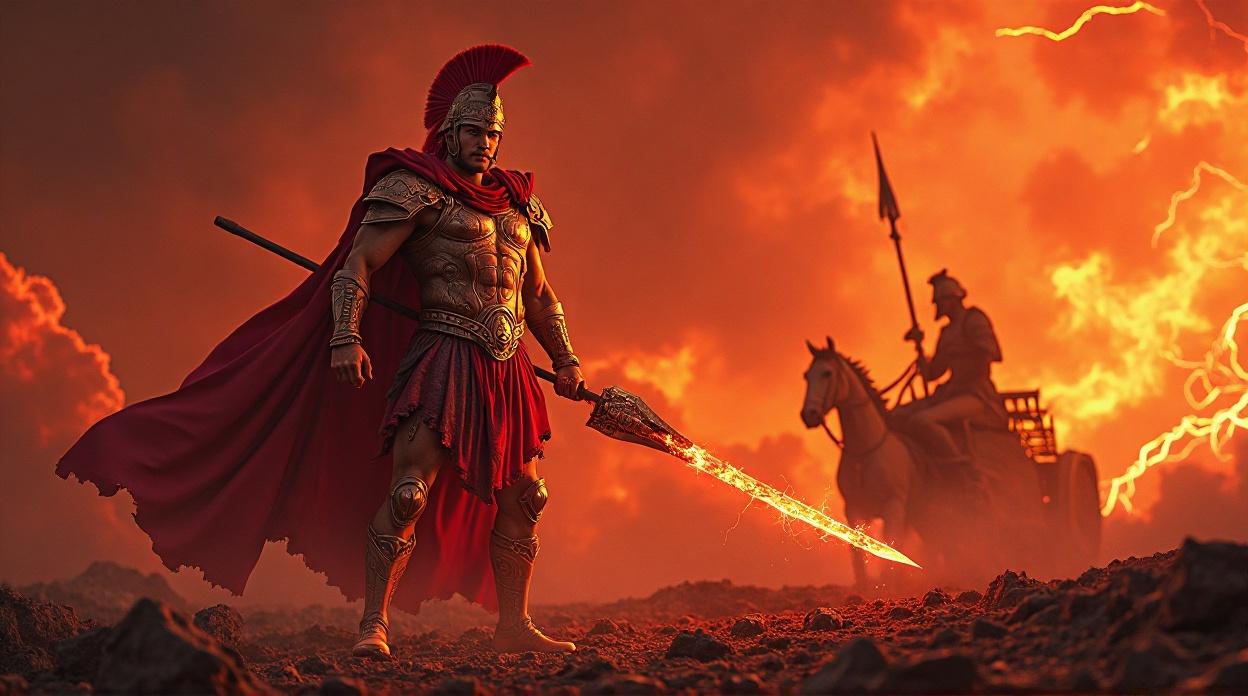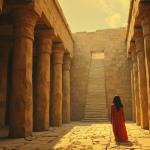Imagine stepping into a tomb, untouched for millennia. The air is thick with the dust of ages, and the silence is broken only by the frantic beat of your own heart. What secrets does it hold? What whispers rise from the past? What horrors lie waiting to be unearthed? Ancient Egypt, a land of pharaohs and pyramids, of gods and monsters, is more than just a historical marvel; it’s a goldmine for spine-chilling tales, a fertile ground where the seeds of dread blossom into nightmares. Today, we delve into the darkness, tracing the roots of our fascination with Egyptian horror, from specific stories like "The Tomb Below" to the dark history that breathes life into these tales. We will also address the controversies, and ponder what the future holds for Egyptian-themed scares.
"The Tomb Below": A Modern Excavation of Fear
Forget the dusty clichés; this isn't just another mummy story! "The Tomb Below" (a novel by Blake Crouch) plunges a group of archaeologists into the heart of a newly discovered, undisturbed Egyptian tomb. A tantalizing find, promising untold riches and historical revelations… but what could possibly go wrong? The answer, of course, is everything. Crouch masterfully crafts a tale of ancient curses, where the very real consequences of disturbing sacred ground manifest in terrifying ways, unleashing unknown horrors that claw their way out of the suffocating darkness. It's a potent blend of psychological dread, where the mind plays tricks in the oppressive silence, and full-blown supernatural scares that leave you gasping for breath.
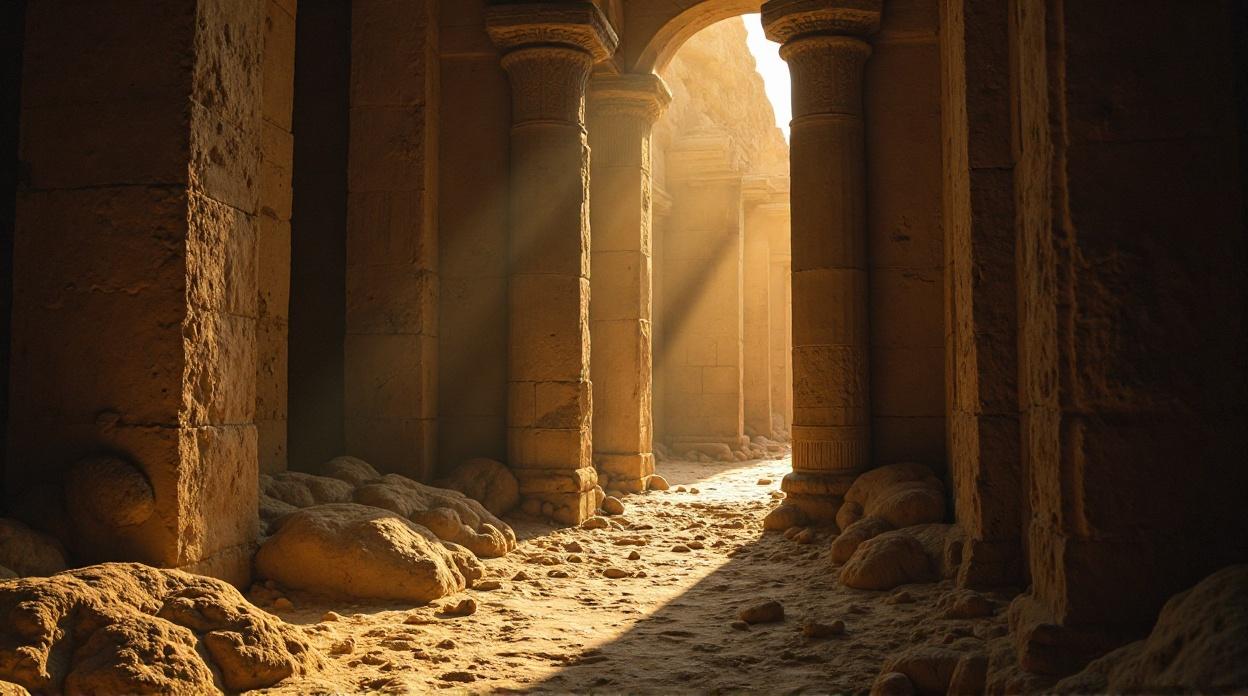
Readers laud its breakneck pace – a true testament to its page-turning quality. The premise is undeniably intriguing, pulling you in with the promise of the unknown. While some may wish the characters were painted with broader strokes, or the ending given a touch more nuance, it's undeniably a thrilling, albeit brief, ride into the heart of darkness. Ultimately, "The Tomb Below" serves as a classic cautionary tale: a stark reminder to respect ancient cultures, or face the horrifying consequences of unchecked ambition.
The Ancient Roots of Our Nightmares: Why Egypt Haunts Us
But why Egypt? Why does this particular civilization hold such a grip on our imaginations, inspiring fear and fascination in equal measure? It’s more than just mummies and hieroglyphs; the real reason Egypt is such a horror hotspot lies in its deep-seated beliefs about death, the afterlife, and the supernatural. The ancient Egyptians possessed an intricate and profound understanding of mortality, viewing death not as an end, but as a transition to a new existence. Forget Hollywood’s dramatic flair; ancient Egyptians actually inscribed warnings and protective spells within their tombs! The legendary "mummy's curse," particularly amplified by the media frenzy surrounding the opening of Tutankhamun's tomb, undeniably fueled a whole genre, inspiring classics like The Mummy film and countless other tales of resurrected terror.
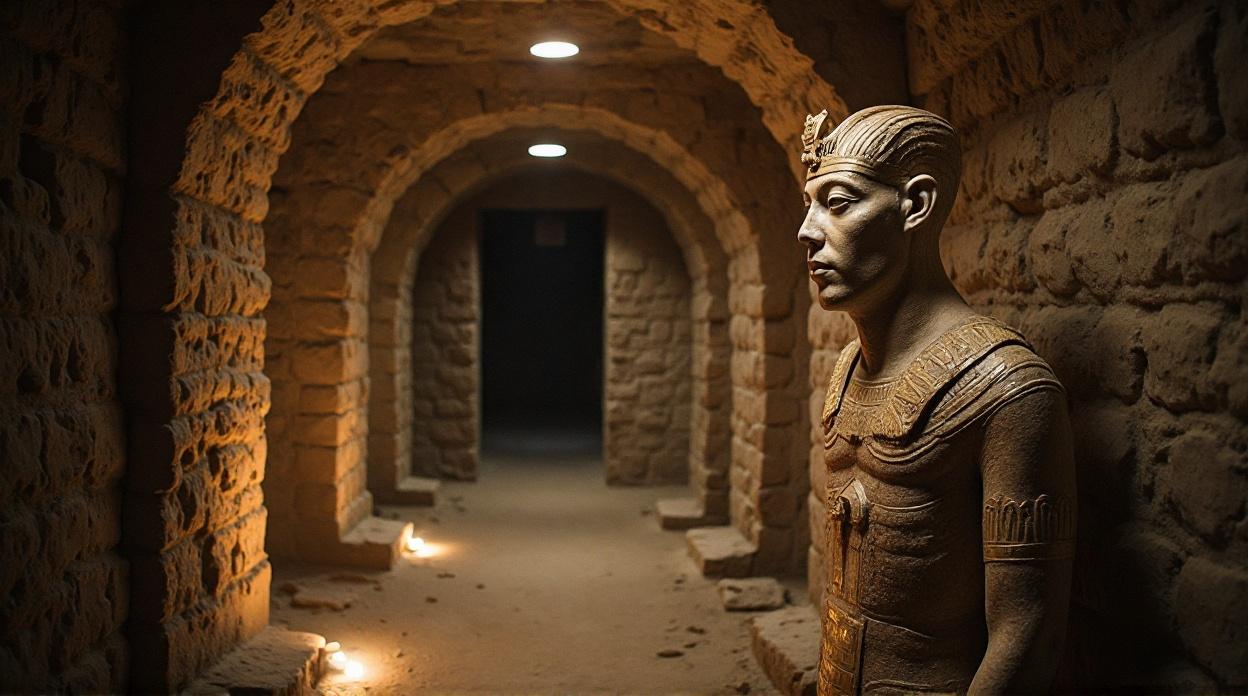
Mummification, a meticulous and sacred process, was designed to preserve the body for the soul's eternal journey. Disturbing that process, desecrating the final resting place? That's a direct line to vengeful reanimations and malevolent spirits seeking retribution. Consider the labyrinthine tombs themselves, complex networks of tunnels and chambers designed to protect the pharaoh's treasures. These underground spaces evoke pure primal fear: claustrophobia, disorientation, the sense of being trapped in an alien world, with unknown entities lurking just beyond the reach of torchlight.
And then there are the gods and monsters. Anubis, the jackal-headed god of embalming and guardian of the dead; Osiris, the ruler of the underworld; the Duat, the perilous realm of the dead; Ammit, the devourer of souls, a terrifying chimera with the head of a crocodile, the forequarters of a lion, and the hindquarters of a hippopotamus. The mythology is overflowing with chilling possibilities, with creatures and entities designed to test the worthiness of the deceased and punish the wicked.
However, the horror isn't just confined to legends and myths; unsettling archaeological finds continue to emerge, blurring the lines between fiction and reality: the "Screaming Mummy," believed to be Prince Pentawere, met a grim fate and was found unwrapped in sheepskin; mummies with actual curses inscribed on their coffins, promising gruesome fates like "necks wrung like a goose"; golden tongues placed in mouths, perhaps to facilitate speech in the afterlife; ritually severed limbs and pits filled with stacked hands, hinting at gruesome war trophies or ritualistic offerings; actual scratch marks found inside sarcophagi, a chilling testament to the terror of being buried alive; bizarre burial sites with "nonsensical" hieroglyphs or bodies arranged with alternating head positions, defying explanation; and even a pregnant mummy, an unsettling and poignant reminder of life and death intertwined. These aren't just archaeological discoveries; they are raw material for new nightmares, whispering tales of forgotten rituals and ancient horrors.
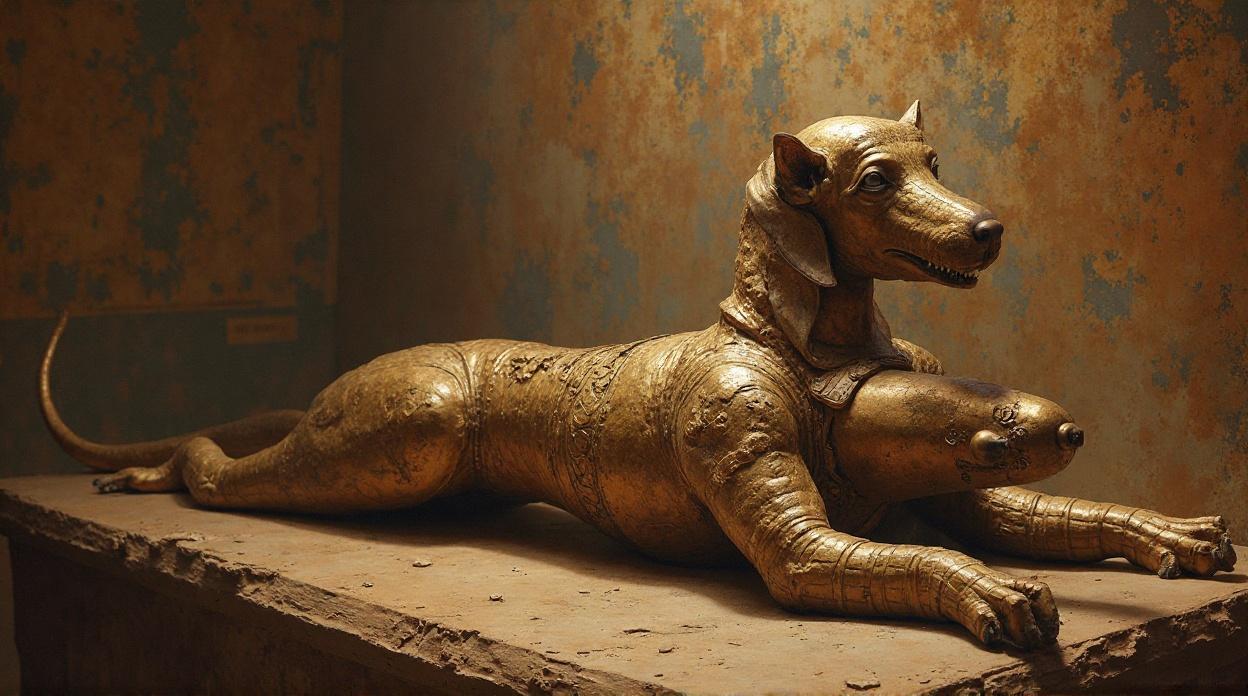
Beyond the Scares: The Controversial Sands of Time
However, while Egyptian horror offers thrilling escapism, it's not without its critics and ethical considerations. One of the most prominent concerns revolves around cultural appropriation. Are these stories guilty of exoticizing and trivializing a complex, rich culture, reducing it to simplistic stereotypes of curses, vengeful mummies, and ancient evils? Do they perpetuate harmful misconceptions about ancient Egyptian beliefs and practices? The issue of historical accuracy also raises concerns. Often, these narratives play fast and loose with historical facts, creating a distorted and inaccurate view of ancient Egypt. This can lead to a misunderstanding and misrepresentation of the civilization's true achievements and cultural significance.
The question of who has the right to tell these stories is a complex and ongoing debate. Is it disrespectful to ancient beliefs to use them as mere fodder for entertainment, particularly without proper research and understanding? Many argue for more responsible and informed storytelling, emphasizing the importance of consulting with experts and incorporating diverse perspectives.
The Future of Fear: What's Next for Egyptian Horror?
As for "The Tomb Below," unfortunately, no official announcements have been made regarding a movie adaptation. For now, it remains a potent literary experience, leaving readers to imagine the horrors lurking within its pages. But for the genre as a whole? The future is, paradoxically, terrifyingly bright. Archaeology continues to deliver new and eerie discoveries, providing endless inspiration for authors and filmmakers. The recent finds in Saqqara, with their stunning array of sarcophagi and artifacts, or even the hypothetical discovery of a "sunken pharaoh's" palace, spark the imagination and fuel the desire for more stories from the sands of time.
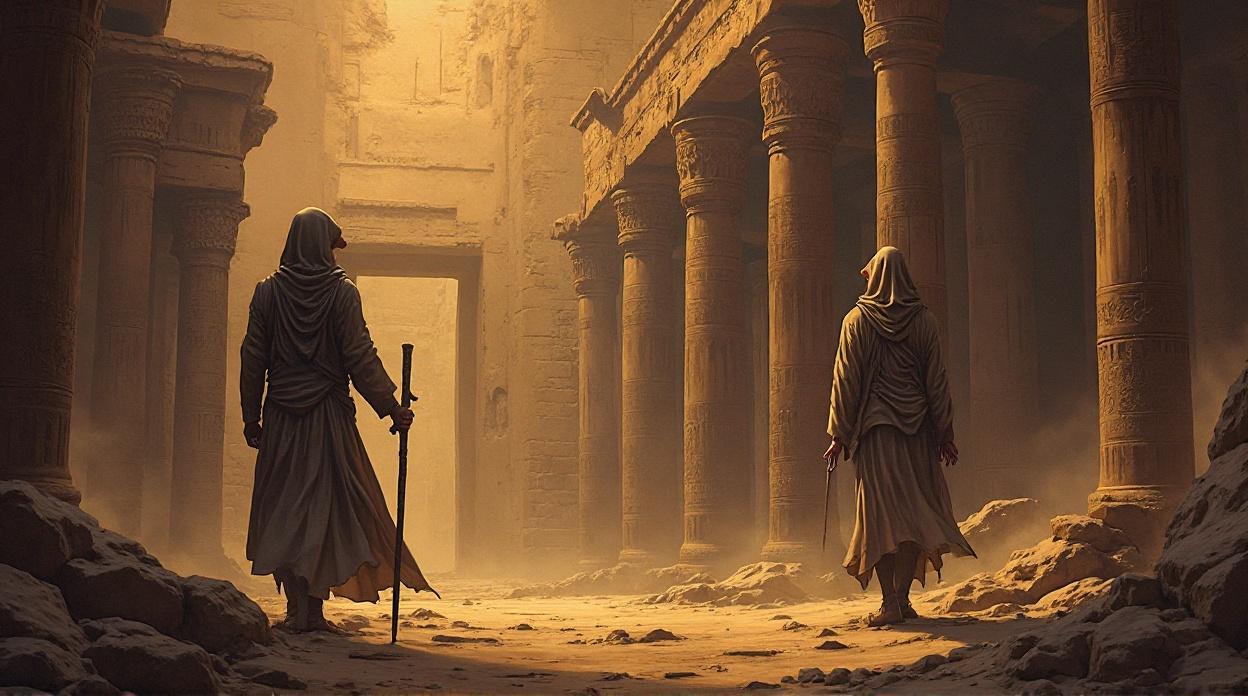
Perhaps we will see a new era of storytelling emerge, one that embraces nuance and cultural sensitivity. Perhaps Egyptian creators themselves will step forward, exploring their own rich lore in fresh and innovative ways, challenging existing tropes and offering new perspectives on ancient mysteries. The thirst for tales from Egypt's mysterious past is eternal, and the horrors buried beneath the sand will surely keep whispering to us for generations to come.
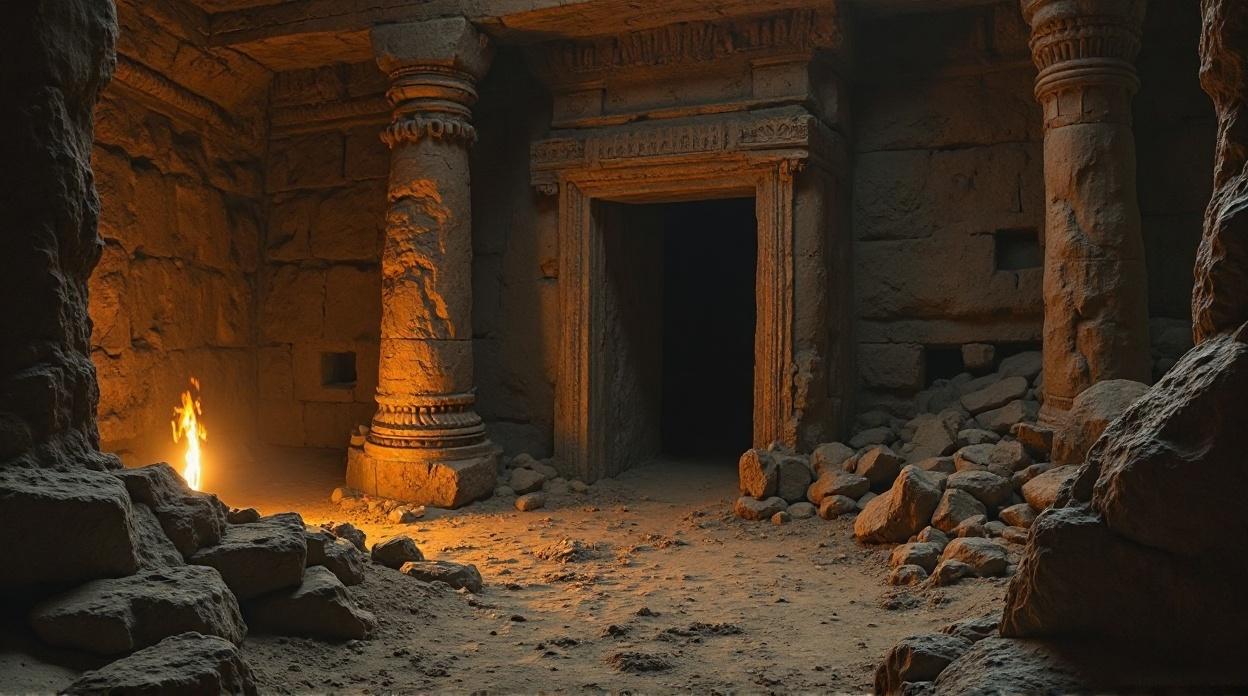
Conclusion: The Pharaoh's Shadow Endures
From specific page-turners like "The Tomb Below" to the deep historical well of ancient Egyptian beliefs, this civilization remains a supreme setting for horror. It's a potent mix of wonder, mystery, and ancient dread, an irresistible combination that continues to captivate and terrify us. The past is never truly buried, and sometimes, the dead have a lot more to say than we think. So, the next time you gaze upon the pyramids or contemplate the mysteries of the pharaohs, remember that beneath the golden sands and the grand monuments, darkness stirs, waiting to be awakened.
Leave a comment
Your email address will not be published. Required fields are marked *


